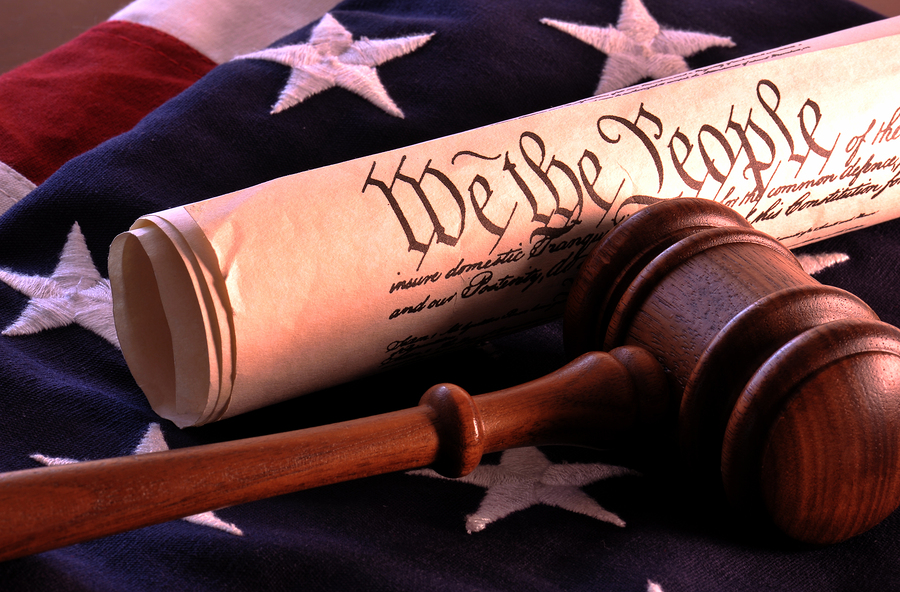Iowa Law Review Publishes Study Showing Litigant Preference of Mediation over Litigation in Civil Cases
 A recent study[1] published in the Iowa Law Review reveals that people prefer mediation over litigation in civil cases. Entitled “The Psychology of Procedural Preference: How Litigants Evaluate Legal Procedures Ex Ante,” the study was conducted by Donna Shestowsky, from the University of California, Davis – School of Law.
A recent study[1] published in the Iowa Law Review reveals that people prefer mediation over litigation in civil cases. Entitled “The Psychology of Procedural Preference: How Litigants Evaluate Legal Procedures Ex Ante,” the study was conducted by Donna Shestowsky, from the University of California, Davis – School of Law.
The sample used in the study included 400 litigants in 19 States. When asked about their preferences, participants in the study stated that mediation was preferable over non-binding arbitration, due to a greater level of control and involvement on behalf of the disputants. Participants also preferred a trial with only a judge presiding versus a trial in which a jury would determine the final outcome.
The study looked at four main variables, in particular, and focused on analyses concerning these variables. According to the study’s abstract, the study determined: (1) litigants’ thoughts concerning the attractiveness of various legal procedures (e.g., Negotiation, Mediation, Non-binding Arbitration, Binding Arbitration, Jury Trials, Judge Trials); (2) how a litigant goes about assessing whether or not they will use each procedure that is available; (3) how these attraction ratings and “expected use” estimates compare for each procedure; and (4) whether factors relating to demographics, case type, relationship, and attitudinal elements predict a litigant’s attraction to each procedure.
The results of the study show that across each type of legal procedure, litigants prefer “Mediation, the Judge Trial, and Attorneys Negotiate with Clients Present to all other examined procedures.” These results are timely and important in today’s current legal climate, and show the trajectory that mediation as a form of alternative dispute resolution will likely take in the next few years, particularly in light of the economic and logistic difficulties caused by taking a case through the court system.
Additionally, as state governments continue to look for ways to cut their budgets in ways that will avoid taking necessary public services away from constituents, court systems are short staffed and finding it difficult to keep up with the volume of cases that are placed on the dockets each day in many jurisdictions. In such, this study’s findings reveal yet another reason why state governments are pushing for expanding mediation programs to deal with issues such as foreclosures and other types of civil cases that tend to clog the courts.
[1] Shestowsky, Donna, The Psychology of Procedural Preference: How Litigants Evaluate Legal Procedures Ex Ante (January 13, 2014). Iowa Law Review, Vol. 99, No. 2, 2014; UC Davis Legal Studies Research Paper No. 363. Available at SSRN: http://ssrn.com/abstract=2378622.









